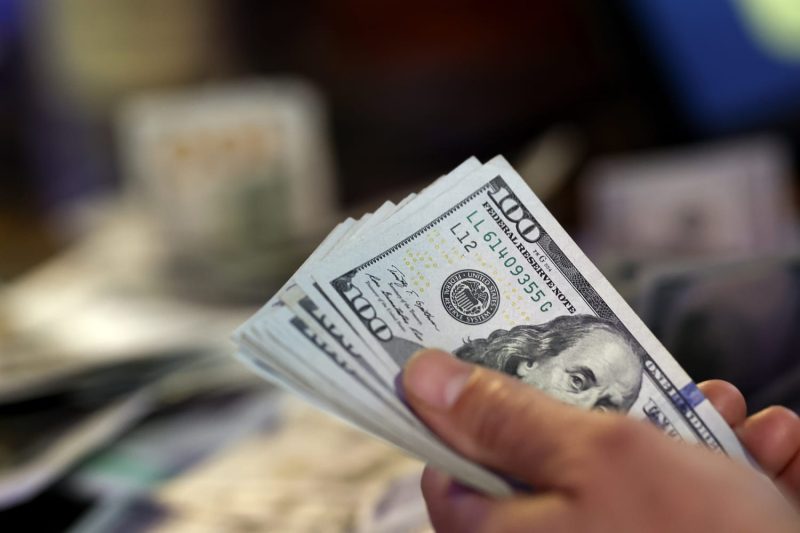In the wake of recent economic uncertainties, many financial experts are sounding the alarm bells about the possibility of an impending recession. This has prompted individuals to reevaluate their financial preparedness, particularly in terms of emergency savings. The common recommendation by financial advisors is to have a robust emergency fund to cushion the impact of unexpected events such as job loss, medical emergencies, or economic downturns.
But just how much should you have in your emergency savings to weather a potential recession? While there is no one-size-fits-all answer, there are some general guidelines that individuals can follow to ensure they are adequately prepared for any financial storm that may come their way.
Financial planners typically advise setting aside at least three to six months’ worth of living expenses in an emergency fund. This can act as a financial safety net in case of a sudden loss of income or unforeseen expenses. However, in light of the increasing uncertainty surrounding the economy, some experts are now recommending that individuals aim for an even larger emergency fund equivalent to six to twelve months’ worth of living expenses.
The rationale behind this higher recommendation is to provide a greater buffer in the event of an extended economic downturn or job market contraction. By having a more substantial emergency fund, individuals can better navigate periods of financial instability without having to resort to dipping into retirement savings or accumulating high-interest debt.
In order to build up your emergency savings to the recommended level, it’s important to create a budget that prioritizes saving and to cut back on non-essential expenses. Consider automating your savings by setting up regular transfers to a high-yield savings account so that you can steadily grow your emergency fund over time.
Additionally, it’s crucial to keep your emergency savings separate from your day-to-day checking account to avoid the temptation of dipping into it for non-emergency expenses. Having a designated emergency fund that is easily accessible but separate from your regular accounts can provide peace of mind knowing that you have a financial cushion in place.
Ultimately, the exact amount you should have in your emergency savings will depend on your individual financial situation, including factors such as your job stability, family size, and monthly expenses. However, by heeding the advice of financial experts and aiming for a larger emergency fund, you can better safeguard your financial future and weather any potential recessions or unforeseen financial challenges that may come your way.


























